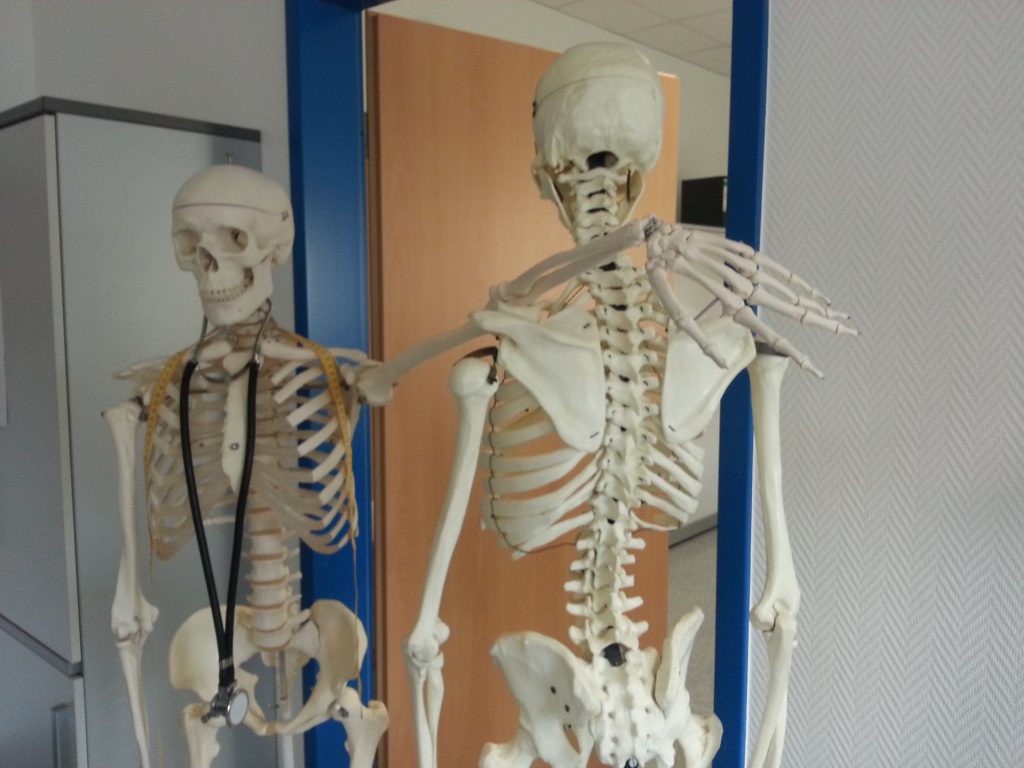 A dilatory exception for prematurity is defined in the Louisiana Code of Civil Procedure Article 926(A). There are many reasons why a lawsuit may be premature, or in other words, ripe for a dilatory exception of prematurity. A case may be premature when it is too early in a dispute for the court to have the authority to rule on it. A lawsuit may be premature if there is another administrative body that the case should go to beforehand. The legal issues of prematurity and dilatory exceptions are shown below in a lawsuit from St. Tammany parish.
A dilatory exception for prematurity is defined in the Louisiana Code of Civil Procedure Article 926(A). There are many reasons why a lawsuit may be premature, or in other words, ripe for a dilatory exception of prematurity. A case may be premature when it is too early in a dispute for the court to have the authority to rule on it. A lawsuit may be premature if there is another administrative body that the case should go to beforehand. The legal issues of prematurity and dilatory exceptions are shown below in a lawsuit from St. Tammany parish.
A Nestle Holdings employee was injured during his employment, and Nestle received a large bill from Lakeview Regional Medical Center (LRMC) for surgery on the employee. Nestle responded by sending back about 10% of the original price, expecting LRMC to initiate an administrative action, which would give Nestle a chance to argue for a lesser price. However, when LRMC did nothing to protest the partial payment, Nestle filed a complaint with the Office of Worker’s Compensation (OWC), a judicial body. OWC rejected the complaint and granted LRMC’s claim of a dilatory exception of prematurity; Nestle appealed the OWC decision to the First Circuit Court of Appeals.
The First Circuit Court of Appeals upheld the OWC decision to dismiss the complaint due to prematurity. The court first examined Louisiana Code of Civil Procedure Article 926(A)(1), reasoning that it allows for a dilatory exception objection of prematurity to be brought before the litigation commences. The court held that this objection may be used in lawsuits where the law or contract allows for a procedure for the party to seek out administrative relief before resorting to filing a lawsuit. If this exception is raised, the person who raises it bears the initial burden of showing that another remedy or procedure applies, and therefore the lawsuit is premature. For example, this can be done by filing a copy of the contract between the parties into the record, assuming the contract discusses a prelawsuit procedure. After the existence of the alternative remedy is established, the burden then shifts to the other party to show that the specific remedy or procedure has been exhausted.
 Louisiana Personal Injury Lawyer Blog
Louisiana Personal Injury Lawyer Blog


 Injuries sustained on the job present challenges for the employee and employer, especially when multiple sites of injury are involved. In addition, injuries all over the body can require different medical treatments for each affected area. Specialized treatments such as a spinal cord stimulator can be recommended to alleviate pain to an injured worker. However, a workers compensation insurance company may not be amenable to pay for such treatment. The following case addresses the question, can a workers compensation claimant receive spinal cord stimulator treatment in Louisiana?
Injuries sustained on the job present challenges for the employee and employer, especially when multiple sites of injury are involved. In addition, injuries all over the body can require different medical treatments for each affected area. Specialized treatments such as a spinal cord stimulator can be recommended to alleviate pain to an injured worker. However, a workers compensation insurance company may not be amenable to pay for such treatment. The following case addresses the question, can a workers compensation claimant receive spinal cord stimulator treatment in Louisiana? The Collateral Source Rule in Louisiana law prevents a tortfeasor (a person who harmed another) from benefiting from the victim’s receipt of funds from an independent source. So what does that mean?
The Collateral Source Rule in Louisiana law prevents a tortfeasor (a person who harmed another) from benefiting from the victim’s receipt of funds from an independent source. So what does that mean? It can be a long road to recovery from a work-related injury. If you or a loved one suffered an injury on the job, it is crucial to understand the workers’ compensation system to comply with all the requirements to receive any compensation to which you are entitled.
It can be a long road to recovery from a work-related injury. If you or a loved one suffered an injury on the job, it is crucial to understand the workers’ compensation system to comply with all the requirements to receive any compensation to which you are entitled.  What happens if you are hurt on the job? Not only do you have to deal with the physical effects of your injury, but you also have to navigate when it is safe to return to work. The workers’ compensation system is designed to aid injured workers. It can provide compensation for lost wages and medical treatment. However, it can often be complex to navigate.
What happens if you are hurt on the job? Not only do you have to deal with the physical effects of your injury, but you also have to navigate when it is safe to return to work. The workers’ compensation system is designed to aid injured workers. It can provide compensation for lost wages and medical treatment. However, it can often be complex to navigate.  It’s reasonable to want to feel safe at work, no matter your job. Employers must keep their employees free from unnecessary danger and generally provide a safe working environment. Even given this duty, the law doesn’t always hold them responsible for the actions of criminals. A recent lawsuit out of Lafayette discusses the principles court asses to determine what remedies are available to employees when crime happens.
It’s reasonable to want to feel safe at work, no matter your job. Employers must keep their employees free from unnecessary danger and generally provide a safe working environment. Even given this duty, the law doesn’t always hold them responsible for the actions of criminals. A recent lawsuit out of Lafayette discusses the principles court asses to determine what remedies are available to employees when crime happens. Imagine getting hurt on the job, seeking help from a good attorney, following all the court’s requirements, and still having all your claims denied because your opponent did not appear for a deposition. For Raymond Schultz (“Schultz”), an employee of Blanchard Contractors, this scenario became his reality after the
Imagine getting hurt on the job, seeking help from a good attorney, following all the court’s requirements, and still having all your claims denied because your opponent did not appear for a deposition. For Raymond Schultz (“Schultz”), an employee of Blanchard Contractors, this scenario became his reality after the The importance of legal contracts cannot be understated. Though we generally sign contracts on social media or online shopping websites without ever looking at their provisions, it is essential to carefully look at contractual provisions in insurance policies and the like. For example, you never want to discover that your injury is not covered by insurance after you have been injured.
The importance of legal contracts cannot be understated. Though we generally sign contracts on social media or online shopping websites without ever looking at their provisions, it is essential to carefully look at contractual provisions in insurance policies and the like. For example, you never want to discover that your injury is not covered by insurance after you have been injured.  There are many ways that someone can be denied workers’ compensation benefits. Sometimes it is determined that the accident giving rise to the injury never occurred, other times the claim is filed too late, and in other cases the capacity in which the worker was hired determines eligibility for benefits. The last scenario is illustrated in a case brought to the New Orleans Office of Workers’ Compensation (“OWC”) in 2016.
There are many ways that someone can be denied workers’ compensation benefits. Sometimes it is determined that the accident giving rise to the injury never occurred, other times the claim is filed too late, and in other cases the capacity in which the worker was hired determines eligibility for benefits. The last scenario is illustrated in a case brought to the New Orleans Office of Workers’ Compensation (“OWC”) in 2016.